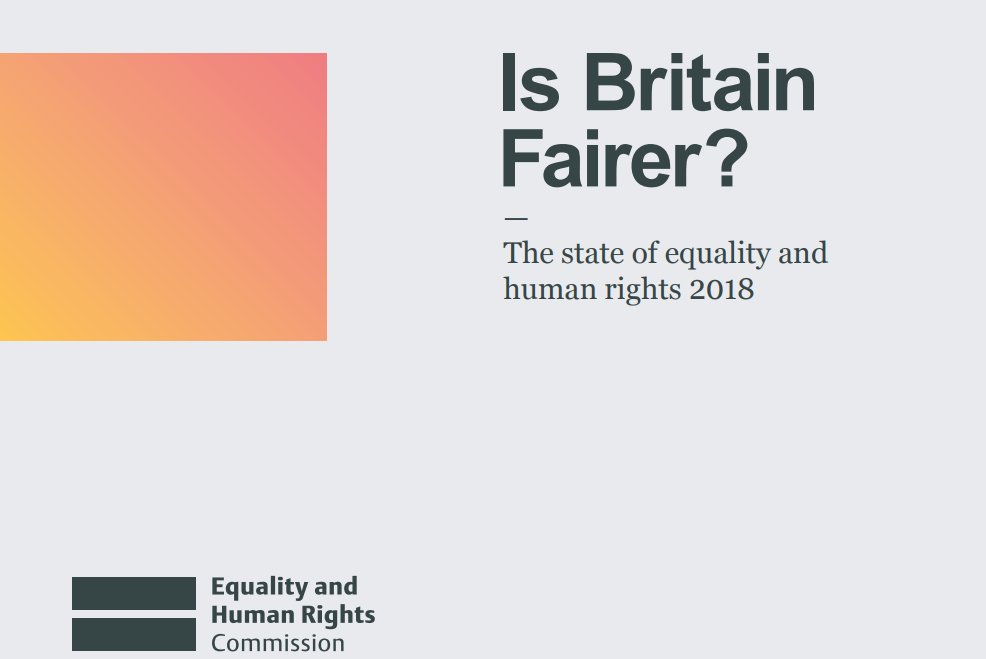Age discrimination against older workers

The Women and Equalities Committee today (17th July 2018) published a report that shows the talents of more than a million people aged over 50 are being wasted because of discrimination, bias and outdated employment practices. The report also concludes that Government and the Equality and Human Rights Commission (EHRC) are failing to enforce the law on age discrimination and must be clearer that prejudice, unconscious bias and casual ageism in the workplace are all unlawful under the Equality Act 2010.
Although the Committee concludes that the Government’s employer-led approach has its advantages, it does not present a strong enough challenge to discriminatory practices or attitudes.
MPs call for the Government to work with the EHRC to agree specific enforcement actions across both the public and private sectors.
Specifically, recruitment agencies should accept greater responsibility for collecting data on where older workers are being excluded and developing a plan of action to remove discrimination from the recruitment process.
Serious challenges recruiting and retaining an experienced and skilled workforce

Chair of the Women and Equalities Committee, Maria Miller MP, said: “Age discrimination in the workplace is a serious problem, as many older people have discovered.
Yet despite it being unlawful for more than a decade, the scale and lack of enforcement uncovered by our inquiry is both alarming and totally unacceptable.
The Government and the EHRC have failed to get to grips with this. They must be more robust in providing a remedy to potentially unlawful working practices in the recruitment sector.
Strategies such as Fuller Working Lives and the Industrial Strategy are not coordinated and lack any plan to ensure that existing legislation is being implemented and enforced.
As a country we face serious challenges recruiting and retaining an experienced and skilled workforce.
Until we tackle discrimination against the growing number of over 50s, they will continue to be consigned to the ‘too old’ pile instead of being part of the solution.
The business case for an age-diverse workforce is clear. Despite this, employers continue to organise workplaces around an outdated, inflexible model that this inquiry and our past inquiries into fathers in the workplace and the gender pay gap show no longer works.
It's time for a mandatory approach, with flexible working being the default from the time jobs are advertised onwards."
The report summary states:
The country faces acute challenges recruiting and retaining an experienced, skilled workforce in many key public services as well as in the private sector. Too little is being done to enforce the law. Neither the Government or the Equality and Human Rights Commission (EHRC), with its considerable enforcement powers, are intervening in the recruitment sector where so much of the evidence demonstrates unlawful ways of working. The public sector struggles to retain older workers when it should be leading the way, but the EHRC is not investigating whether the public sector equality duty is being met. We want it to do so.
National assessment of the skills the country will need in the future
The Government has not paid sufficient attention to the need for a national assessment of the skills the country will need in the future, and the need to challenge any characterisation of those skills as the preserve of younger people. The changing realities of the job market mean that everyone will need to engage in life-long learning and may well change career paths more than once in our lifetimes. This requires good quality, tailored careers advice, not a one-size-fits-all approach designed on the assumption that only young people start new careers.
The business case for an age-diverse workforce is clear
The business case for an age-diverse workforce is clear. Despite this, employers continue to organise workplaces around an outdated, inflexible model that this inquiry, and our past inquiries into fathers in the workplace and the gender pay gap, show no longer works. As those who provide much of the informal care in our society, and who live with the effects of past and present gender pay gaps, women tend to be most affected by this lack of flexibility. More needs to be done to make connections between government strategies and local employer support, and between the business case and business practice.
There are practical changes that all employers should be making. The importance and benefits of flexible working have been brought to our attention on a number of occasions, but too many employers are not making this work in practice. It is time for a mandatory approach. We recommend that flexible working be the default from the time jobs are advertised onwards. Many older workers often take on a range of caring responsibilities. The Government should therefore introduce a statutory entitlement to five days’ paid carer’s leave, and a longer period of unpaid leave, to help stop those caring for a loved one falling out of the labour market unnecessarily.
Business Champion for Older Workers
We know that creating the conditions for an age-diverse workplace can be a challenge for employers, especially small and medium enterprises that do not have dedicated human resources departments and easy access to expert advice. The Government’s employer-led approach can help with this, and we recommend that the Government work with the Business Champion for Older Workers to develop an employer-led mentoring service for businesses who want to adapt but struggle to do so in their particular context.
The public sector should also take the lead in adapting to the new realities of an ageing workforce. Government departments must ensure that policies such as flexible working by default and mid-life career reviews become standard in the terms and conditions of employment in the sectors for which they are responsible. Given the recruitment crisis in some parts of the public sector, the EHRC must undertake urgent investigations into ways of working which are resulting in lack of retention of older workers, and ensure that this is not the result of discriminatory practices.
We cannot wait any longer for the EHRC to demonstrates its strategic ambition to be a muscular regulator of the Equality Act and the organisation needs to respond to this report outlining the actions it will now be taking.
Click here to read the full report

